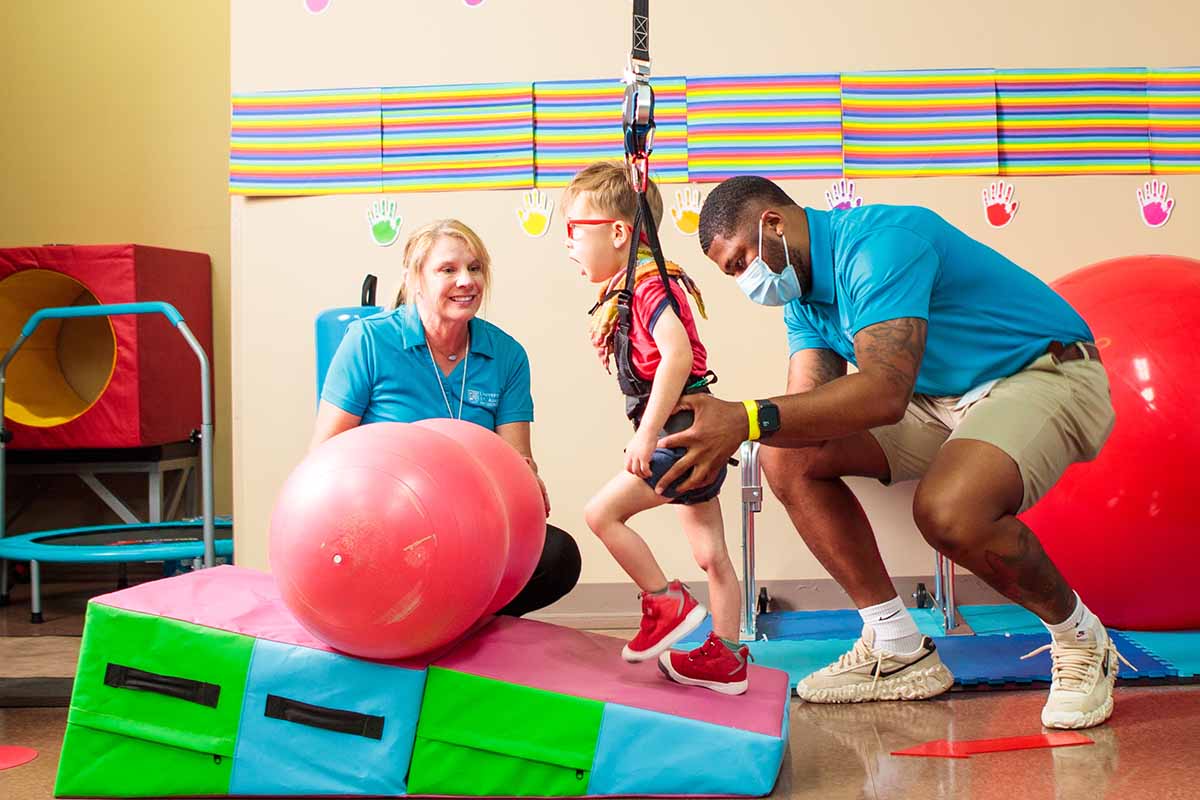
By Melanie D. Logue PhD, DNP, APRN, CFNP, FAANP, Senior Family Nurse Practitioner Program Coordinator
The door is open for many exciting career opportunities within nursing. Advanced nursing degrees often position registered nurses for opportunities to make a difference by educating the next generation or improving patient outcomes and overall health. Through various direct and indirect care roles within nursing, your career possibilities are waiting.
Why Get an Advanced Nursing Degree?
In 2010, the Institute of Medicine released its landmark report “The Future of Nursing” calling for doubling the population of nurses with doctoral degrees. The current nursing workforce falls far short of these recommendations. Hospital chief nursing officers are focused on retaining experienced and knowledgeable nurses, as well as gaining new nurses, by encouraging career growth.
According to the Bureau of Labor Statistics (BLS), job growth for registered nurses is projected to be 15% between 2015 and 2026. Growth will occur for many reasons, including an increased emphasis on preventive care, growing rates of chronic conditions, and older adults who live longer and more active lives. Job growth for nurse practitioners is projected to grow at 31%, according to the BLS.
What Are Advanced Nursing Degrees?
There are several paths for career growth, including graduate nursing programs, Master of Science in Nursing (MSN) and Doctor of Nursing Practice (DNP). Our online courses give you the flexibility to continue making a difference in your current role. Specializations like Nurse Educator, Nurse Executive, Nursing Informatics, and Family Nurse Practitioner give you the opportunity to play a vital role in the future of the profession. And our commitment to interprofessional education dedicated to graduate students in health sciences makes the University of St. Augustine for Health Sciences an exceptional choice for continuing your education and advancing your career.
Should I Earn a DNP or a PhD?
I earned both a DNP and a PhD, so I know there are important distinctions to consider when you chart your academic and professional career. In a nursing PhD program, you are going to complete a dissertation that adds new knowledge to the field of nursing. You will learn about different nursing research methodologies and use one to conduct your own study. In a Doctor of Nursing Practice program like the one at the University of St. Augustine for Health Sciences, you’ll focus on creating an application that improves patient outcomes based on the available research.
Online Nursing Programs that are Interprofessional
Our online MSN and online DNP programs have a strong interprofessional focus. We do this because nursing does not exist in a vacuum. We communicate and collaborate with the complete spectrum of healthcare providers from doctors, to physical and occupational therapists, to health administrators. When we work as a team, we have the best patient outcomes. This is so important, that our first course is Introduction to Interprofessional Scholarly Studies. In this course, you work with our other post professional studies to discuss recent case students and address current challenges from multiple viewpoints.
This helps set you on a course for success in the program and your career, whether you choose our specializations to be a Family Nurse Practitioner, Nurse Educator, Nurse Informaticist, or Nurse Executive.








